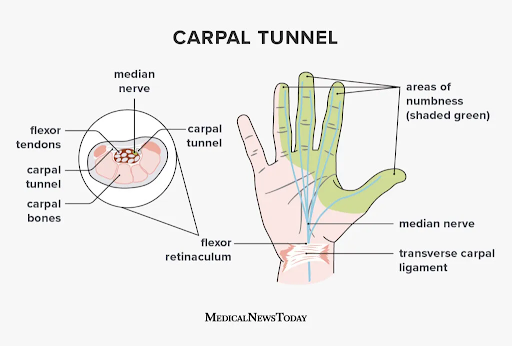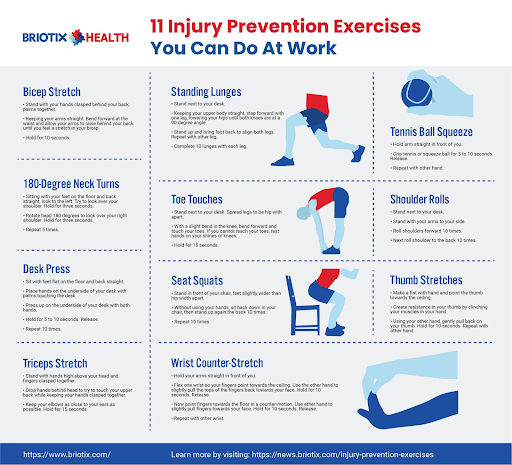
Workplace Stress and Musculoskeletal Pain
Workplace stress exacerbates neck and back discomfort. According to an American Psychological Association survey, 61% of employees indicate that job stress impacts their physical health, resulting in diseases such as musculoskeletal discomfort. Chronic stress can cause muscular tension, reduced flexibility, and poor posture, all of which raise the likelihood of developing or aggravating neck and back discomfort.
Effective stress management practices can assist to alleviate these consequences. Regular breaks, physical activity, and relaxation techniques like mindfulness and deep breathing can all help to reduce stress. To relieve workplace stress, employers should provide a supportive work atmosphere, conduct ergonomic evaluations, and encourage open communication.
According to research, organisations that adopt stress-reduction programs see a 30% decrease in musculoskeletal pain complaints among their personnel. Employers and workers may build a better workplace by prioritising mental well-being alongside physical health. This decreases the burden of pain and increases overall productivity.
References:
- American Psychological Association. (2020). Stress in America: A national mental health crisis.
Kendall, N., et al. (2019). The impact of workplace stress reduction programs on musculoskeletal pain. Journal of Occupational Health Psychology, 24(4), 487-495.
Embrace mindfulness and meditation during pregnancy to boost relaxation, reduce stress, and support emotional well-being. Learn techniques designed to help you stay centered and calm throughout your pregnancy journey.
Embrace mindfulness and meditation during pregnancy to boost relaxation, reduce stress, and support emotional well-being. Learn techniques designed to help you stay centered and calm throughout your pregnancy journey.



